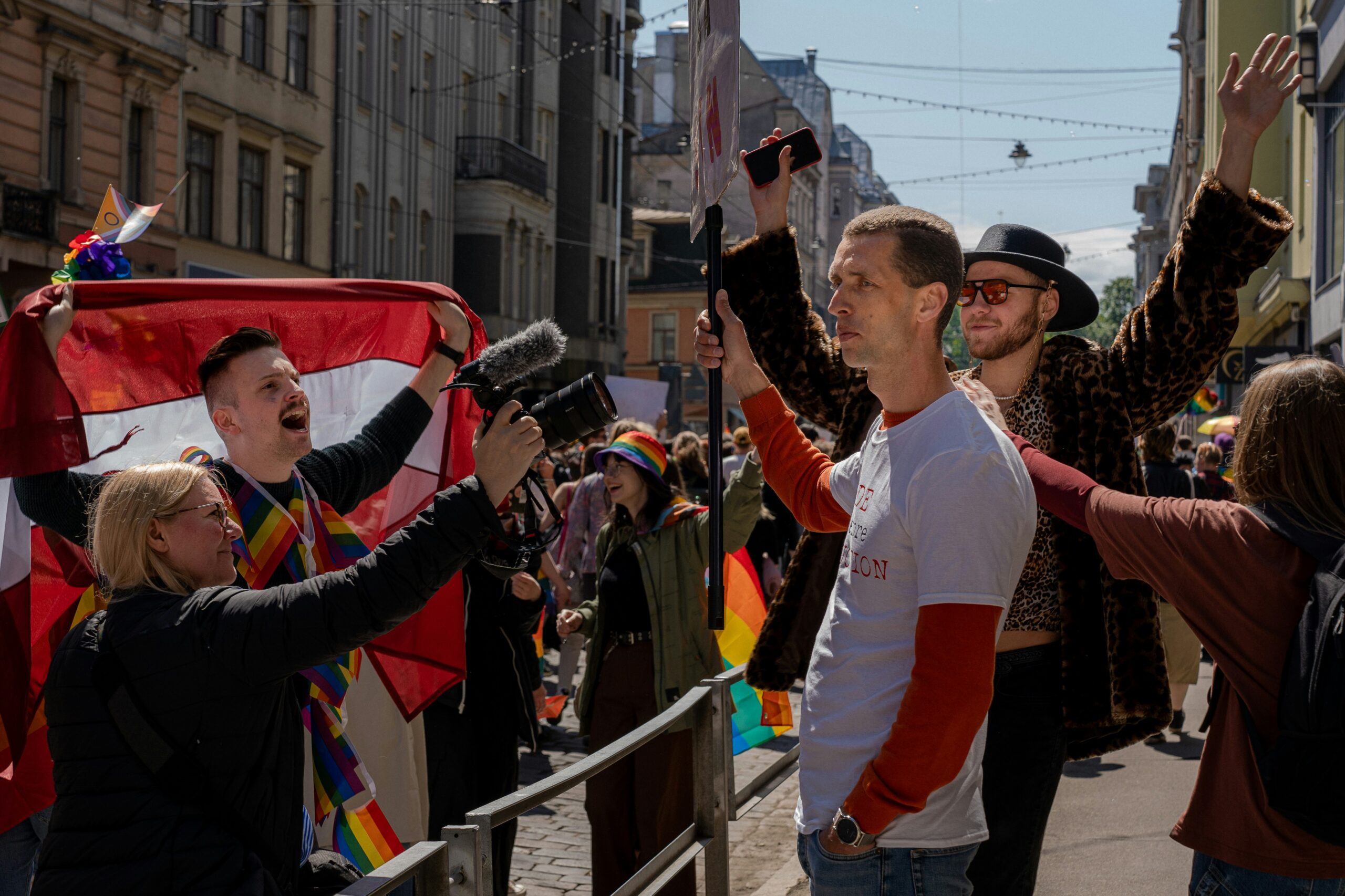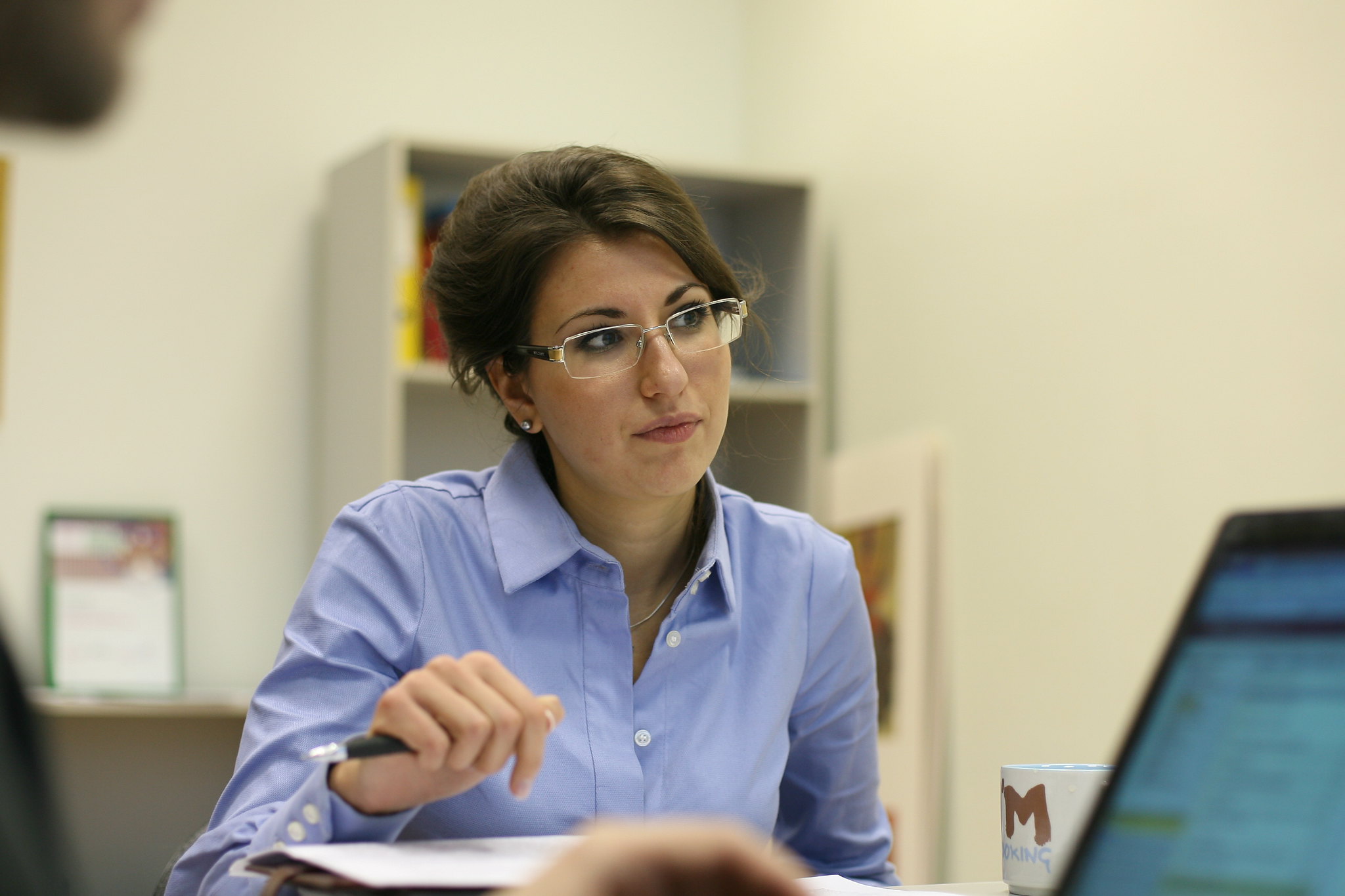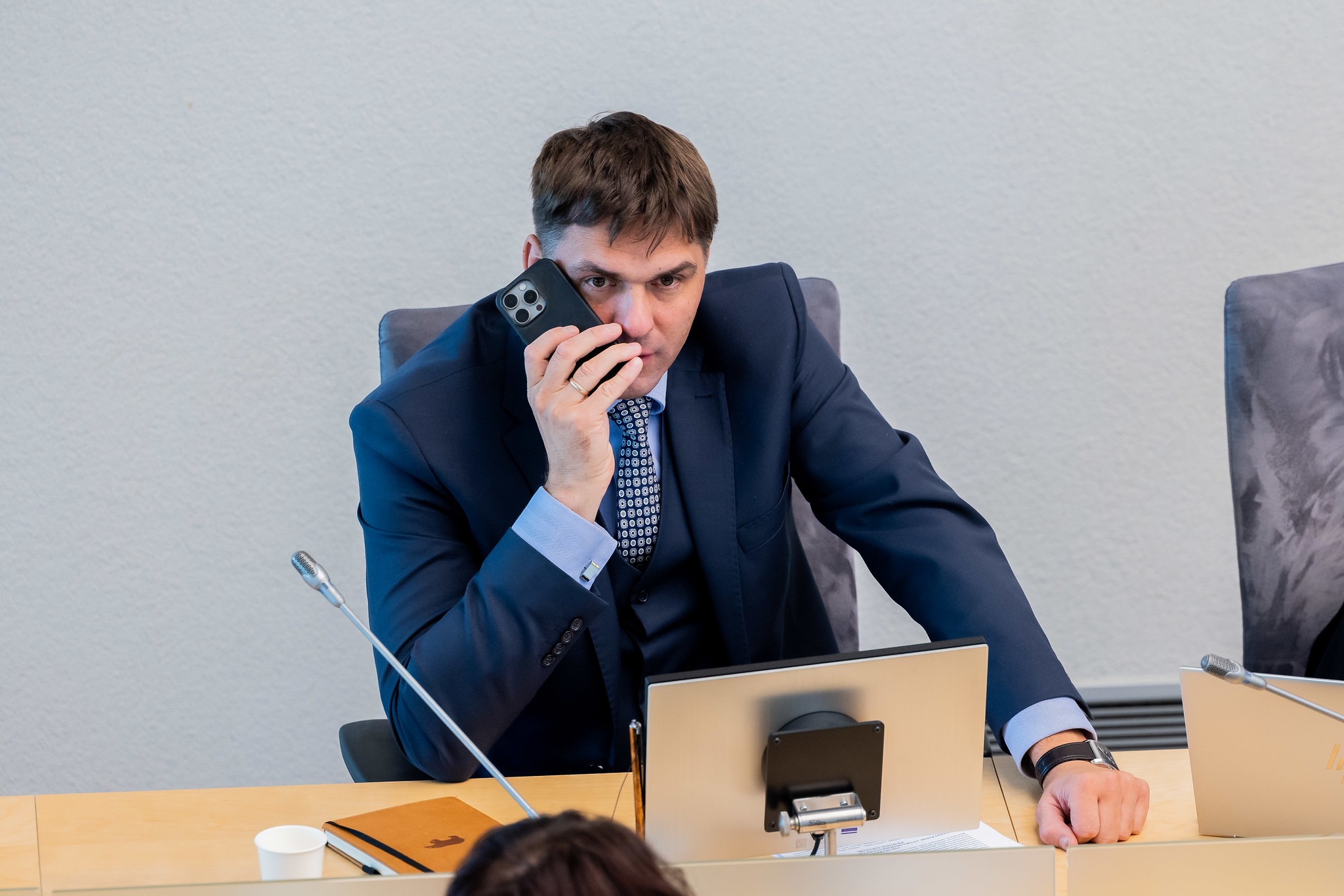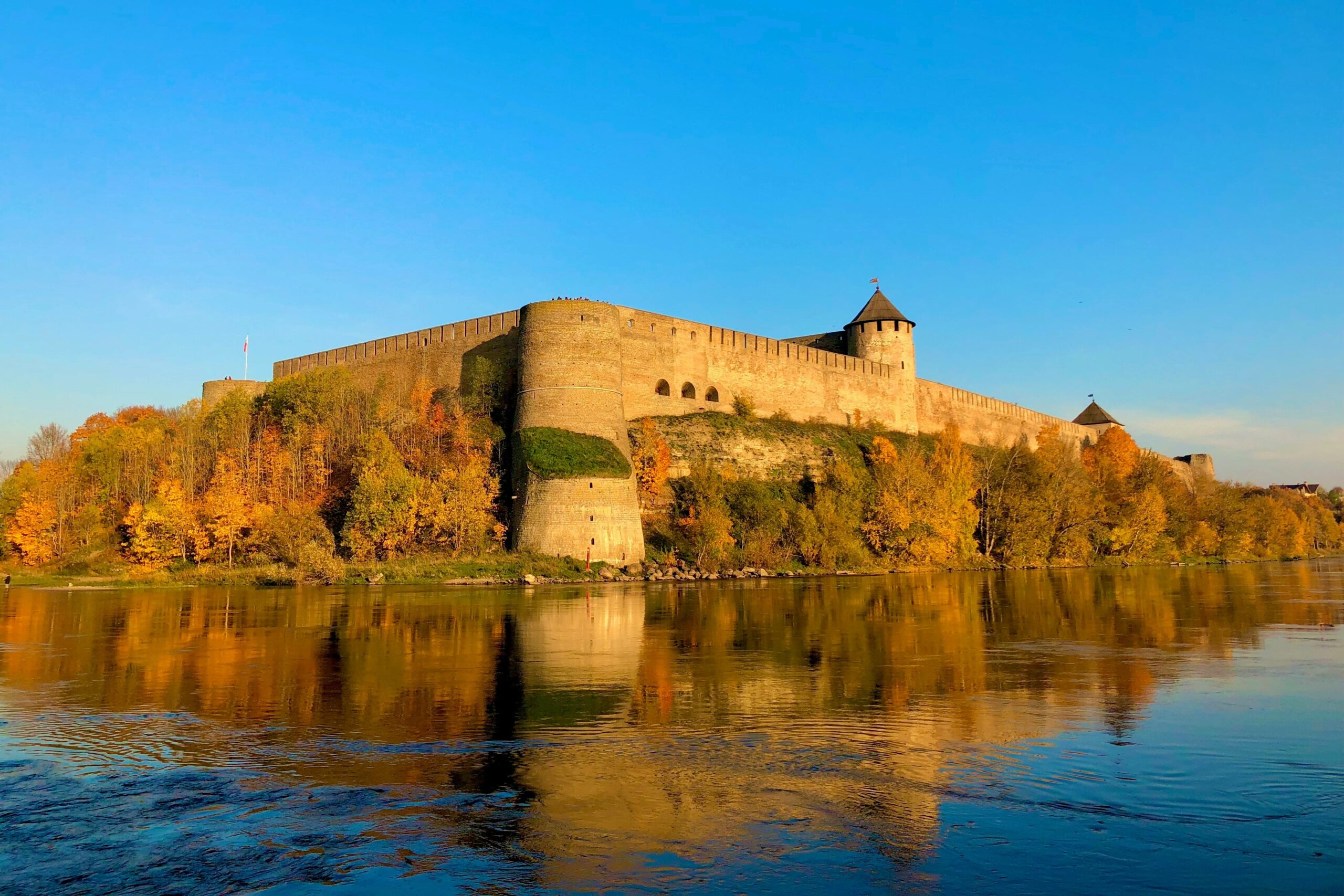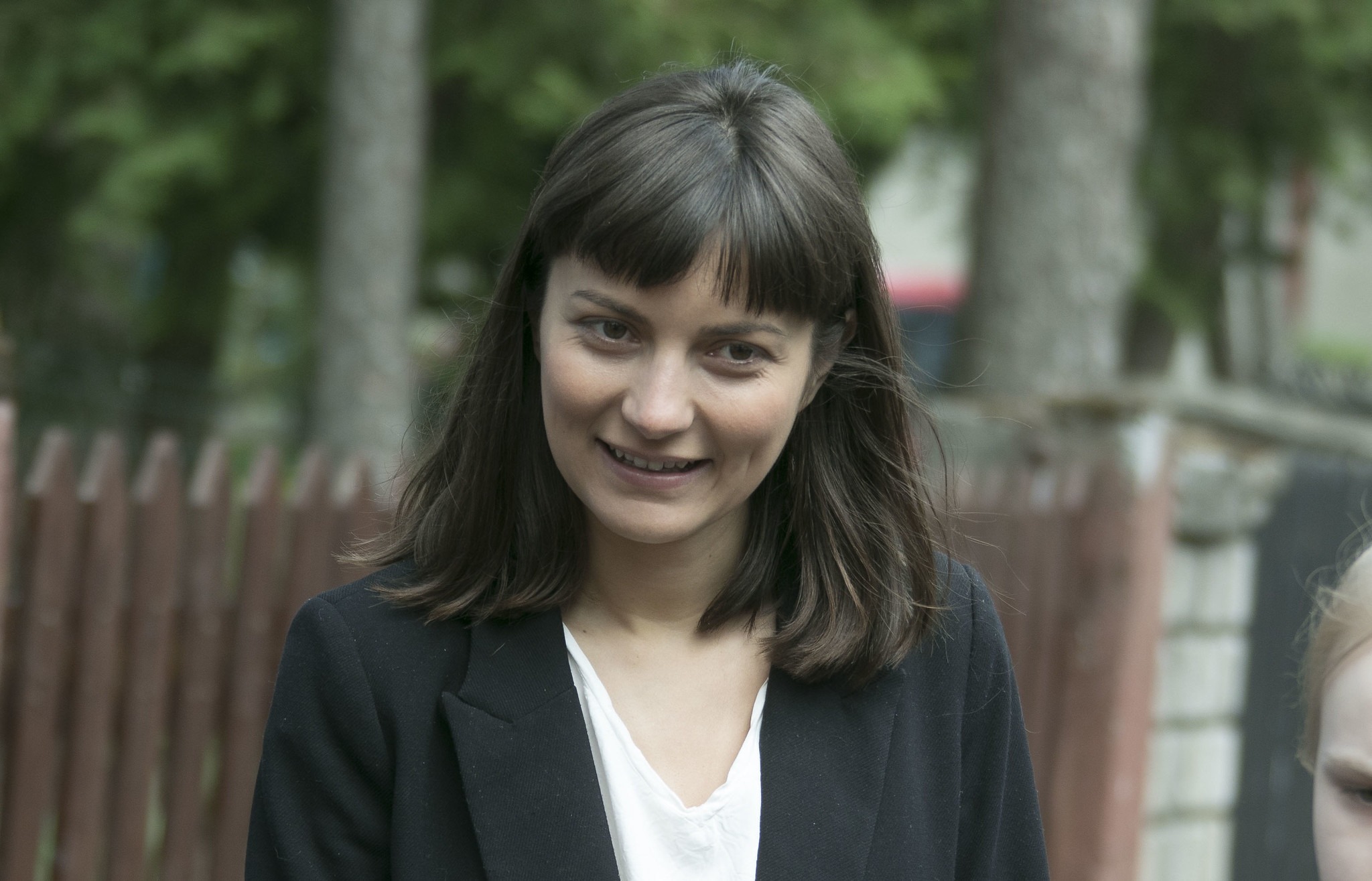
Key Insights:
- The month of December 2024 in Lithuania was marked by many different events that sparked widespread social discussions, and that could be easily used by malign actors to incite conflicts and controversies. One of the most talked-about events was the swearing-in of the new Government and the formation of its Cabinet. Following the parliamentary elections in autumn, the newly assembled Cabinet faced scrutiny over its priorities and policy directions. At the same time, the leadership elections within the Homeland Union-Lithuanian Christian Democrats (TS-LKD) drew significant attention, as the outcomes were seen as shaping the strategic direction of one of the country’s most influential political parties. News that former Prime Minister, Ingrida Šimonytė, steps down from the competition was pictured as her “ Christmas gift to Lithuania“ by some Kremlin-aligned media. Debates revolved around the possible party’s leader and the party’s future.
- In the sports world, and going well beyond its boundaries, the biggest controversy this month arose over the removal of Lithuanian athlete Kornelija Dūdaitė from the World Functional Fitness Championship in Budapest. She was disqualified for appearing in the competition wearing a shirt with the slogan “make russia small again.” In solidarity with the athlete, the withdrawal of the entire Lithuanian team followed, further fueling discussions about athletes’ rights to express their civic positions. The organisers claimed that such a political statement violated the competition’s rules, leading to her removal. This incident provoked mixed reactions: some supported Dūdaitė’s civic stance, while others criticized the place of political expression in sports.
- Considering the resilience to disinformation in the country, The European Commission has disbursed €463 million to Lithuania under the Recovery and Resilience Facility (RRF), including €261 million in grants and €202 million in loans. A key focus of Lithuania’s recovery plan is enhancing resilience to disinformation, alongside supporting renewable energy, energy efficiency, and innovation. The plan aligns with the EU’s objectives of digitalisation, the green transition, and strengthening defences against hybrid threats. This funding follows Lithuania’s successful completion of agreed milestones and targets.
Overview of findings:
- A slightly decreased number, 1110 articles, compared to 1255 articles analysed during November, were scrutinised from four Kremlin-aligned media outlets still actively operating in Lithuania.
- Throughout December 2024, the all-time most prominent Kremlin-aligned narrative in Lithuania—anti-government—continued to dominate, with the new government swearing in, criticising both the former and the upcoming governments at once.
- The YouScan media monitoring tool managed to capture even 40,408 content pieces related to pro-Kremlin media in Lithuania, including different posts, videos, tweets, and comments written under them.
- December appeared as the most engaged month of the year 2024. The graph below indicates daily engagement levels throughout December. A more detailed breakdown based on visible trends follows:

High Peaks: Engagement levels reached their highest on the 6th of December, with 34,600 interactions. Another notable peak occurred around the 12th of December when engagement climbed above 30,000.
Consistency: Between the 3rd and 9th of December, the engagements hovered around 20,000 to 34,000, showcasing a steady period of interaction.
Decline and Recovery: After mid-December, a noticeable decline is observed during the Christmas holidays, with engagement dropping to just above 10,000 on some days. However, towards the end of the month (around the 28th to 31st of December), engagement levels rose steadily again, nearing 20,000 daily.
Story of the month:
“make russia small again”
On December 13, 2024, at the World Functional Sports Championships in Budapest, Lithuanian athlete and national champion Kornelija Dūdaitė was disqualified for making a huge political statement. In the competition, knowing that Russian athletes would take part as „neutrals“, yet these athletes were improperly recognised under their national symbols rather than as neutral participants, contrary to established guidelines, she appeared in a T-shirt with the inscription “make russia small again”. This inscription, inspired by Ukrainian President Volodymyr Zelensky, who used a similar slogan to draw attention to Russia’s aggression against Ukraine, caused dissatisfaction among the championship organisers, as they decided to disqualify Dūdaitė.


In response to the disqualification, the Lithuanian Functional Fitness Federation supported Dūdaitė by withdrawing the entire national team from the championship, issuing a statement that criticised the organisers’ “negligent attitude towards the ‘neutral flag’ policy” and reaffirming their commitment to national values.
After the disqualification, Dūdaitė received various reactions – from messages of support to direct death threats. Nevertheless, she said she did not regret her decision. This incident sparked significant reactions both domestically and internationally, questioning the place of political statements in sports and the right of athletes to express their civic position in international competitions.
In Lithuania, public sentiment largely favoured Dūdaitė’s stance. Many citizens, commenters, and well-known public figures viewed her act as a courageous stand against perceived leniency toward Russian representation in international sports. E.g., politician Tomas Vytautas Raškevičius shared a picture of Dūdaitė quoting the famous slogan from her t-shirt, expressing full support for her (see screenshot on the left, post gathering over 11k overall interactions from social media users). Many well-known Lithuanians kept on posting and resharing the news considering Dūdaitė and continuously praised her strong will, correct values, and courage to express them. She appeared in different radio shows, podcasts, articles, and even a line of „make russia small again“ merch followed.
Dūdaitė also attracted international attention: one of many examples, was a post by the “Meanwhile in Ukraine” Facebook page, which is followed by nearly 250k people. Post claimed that “Lithuanian athlete Kornelija Dūdaitė was disqualified from the World Functional Fitness Championships in Hungary for wearing a T-shirt with the inscription “make russia small again”. She wasn’t wrong though.” (see screenshot on the right). The targeted page’s audience overwhelmingly supported Dūdaitė and her strong decision to „stand for what you believe in“. The post gathered over 50k reactions, and nearly 4k comments and has been reshared over 2k times. The absolute majority of interactions were highly positive and supportive towards the disqualified athlete.

However, there was a strong opposing side to this whole situation: Kremlin-aligned media outlets and commentators interpreted Dūdaitė’s disqualification differently. These specific news sources reported on the incident, emphasizing the enforcement of event regulations and labeling Dūdaitė’s slogan as “Russophobic”, framed the disqualification as a justified response to an unsportsmanlike gesture, aligning with the Kremlin’s narrative that portrays Russia as a victim of unjust discrimination in international arenas.
Also, posts undermining Dūdaitė as a sportswoman appeared, claiming that she only withdrew from the competition because she was afraid to lose or too weak to compete: e.g., Algimantas Rusteika referred to Dūdaitė in one of the best-interacted posts during the reported period, as „one good lad, who instead of participating in a sports competition with no chance of winning, refuses to compete because “the participants are not suitable for her”, even though she came to the competition knowing full well who would be participating.“ Meanwhile, another post generalised all of those, trying to make a statement in their respective fields: “Losers. When you’re a failed athlete, you can always make the excuse that you’re doing something for ideological reasons. “I won’t play with them because Africa is starving and they left an uneaten meatball at lunch.” If you are strong enough, you go and defeat your opponent. When you’re a loser, you look for reasons not to fight. Athletes, actors, and artists who are getting all political, are clowns – jokers, they are not professionals. <…>” (see screenshot on the right). Other sources claimed, that she was “an unknown athlete until this moment” and was “only seeking some cheap attention”. Such sources not only minimised her courage, but also mocked the whole functional sport, that she represented, comparing it to “sweating at the dishwasher, catching cockroaches, or washing bedspreads by hand”.

Commenters under these posts openly and unitingly condemned the athlete and her behavior, urging not to “mix politics with sports”, referring to other wars worldwide that are allegedly ignored and generalizing that such people have their “brains washed”.



Examples of such comments on Facebook with their notable engagement.
The event was analysed throughout the Youtube platform as well. For example, Marius Jonaitis, issued a video delegated specifically for this event called “Will Lithuanian speakers make Russia small again?”. In the video description, he wrote: “I discussed yet another atrocity of Lithuanian athletes. When, instead of an honorable fight and clarification of relations in the arenas, cowardly and provocative behavior is chosen. But this case is even more politicised and aggressive and has certain ideological and also family origins.” Both he and his targeted audience openly condemned Dūdaitė and her actions taken, yet again emphasising the need to divide sports and politics, calling her a „marionette“, „brain-washed chicken“, etc. After the video was issued, pro-Ukrainian citizens went to Jonaitis Telegram account to oppose his statements, which perfectly align with pro-Kremlin narratives, made in the video. Shortly, a video called „Bicolour“referring to these wide reactions he provoked, emphasising the people‘s effort to silence him, thus questioning free speech and democracy foundations in Lithuania.

The disqualification of Kornelija Dūdaitė and the reactions that followed highlighted the deeply polarised nature of geopolitics, where even sports become a battleground for ideological stances. Dūdaitė’s act of protest was celebrated domestically as a brave statement against Russia’s presence in international competitions; in contrast, Kremlin-aligned actors framed her actions as an example of Russophobia, emphasising adherence to sports regulations while portraying Russian athletes as victims of systemic discrimination. This duality underscores the broader tensions between different parts of society, where acts of protest and their interpretations are shaped by underlying political conflicts, reflecting the entanglement of sports and global power dynamics.


